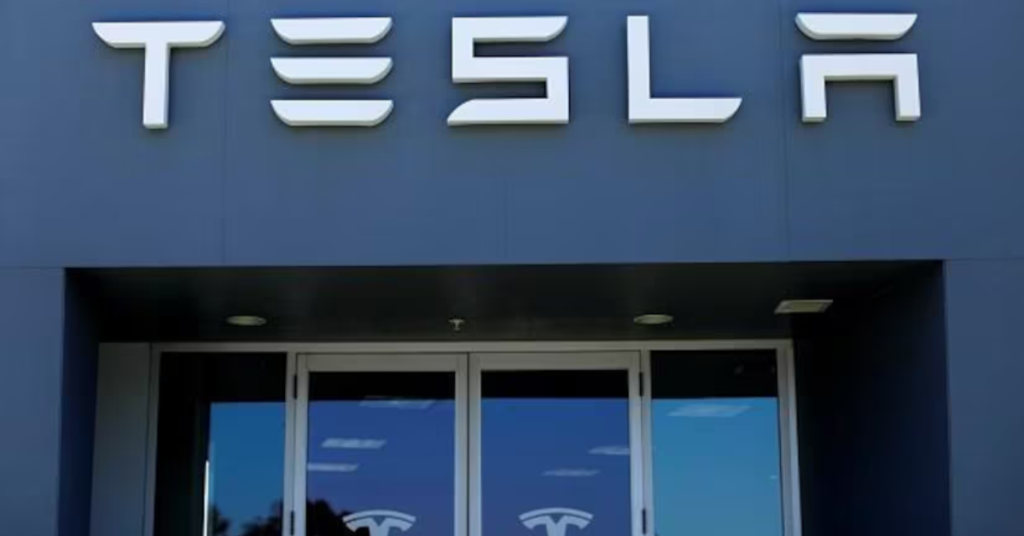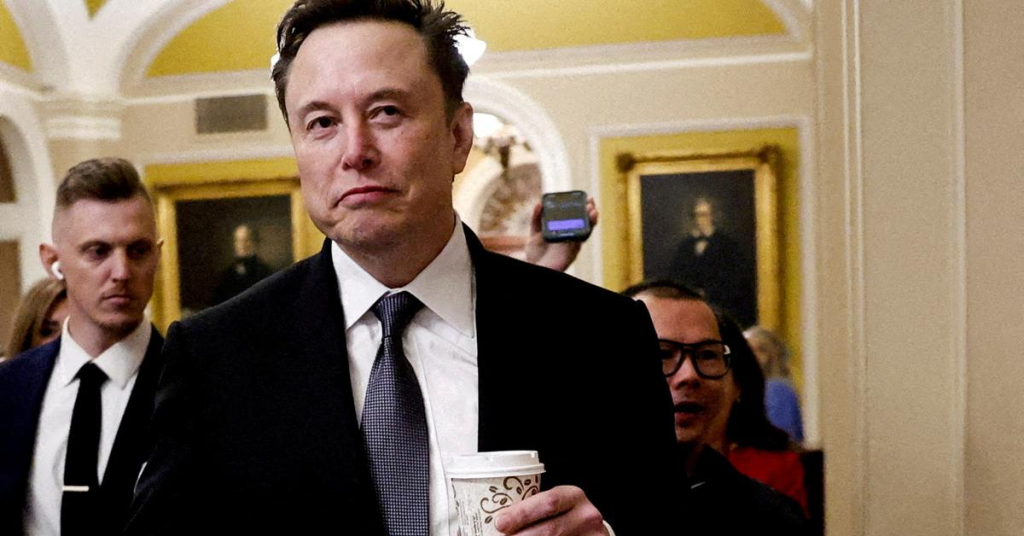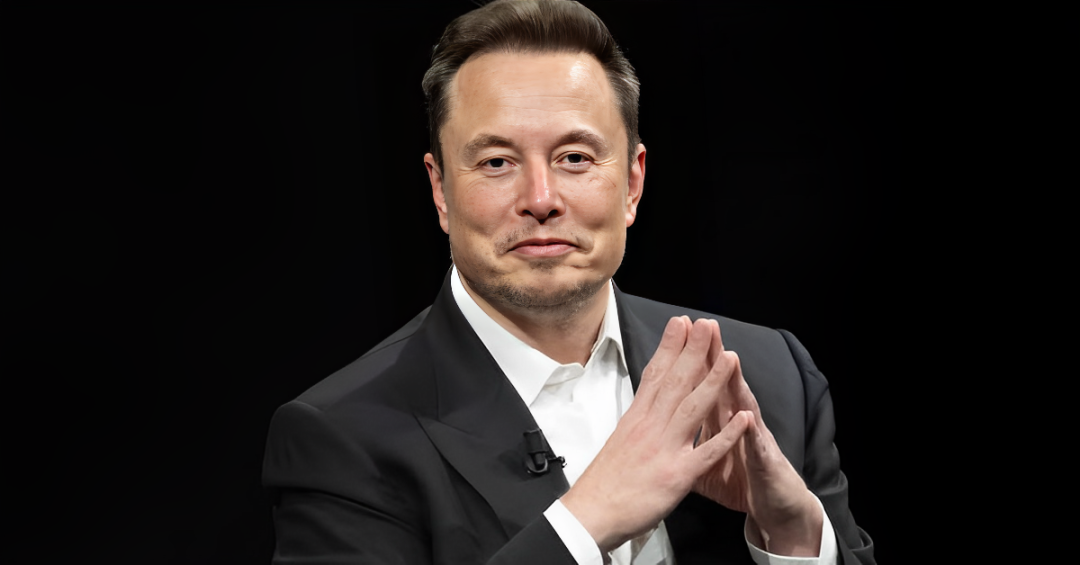Former Tesla officials, Kristen Kavanaugh and Mike Randolph, who were in charge of the company’s diversity, equity, and inclusion (DEI) office, have shared their regrets about not standing up to billionaire CEO Elon Musk during their time at the automaker. Now, they’re urging U.S. federal workers to take heed of their experiences and stand up against Musk’s approach to cutting federal spending and personnel.
In a recent interview with Reuters, Kavanaugh and Randolph opened up about the challenges they faced at Tesla and how their experiences led them to write a new book titled Courage over Fear. The book serves as a guide to navigating what they call “fear-based leadership,” a management style they encountered at Musk’s company, and one they believe is becoming more common in both private corporations and the government.
Kavanaugh shared that, during her time at Tesla, she often felt scared—scared of Musk, of the possibility of being fired, and of the potential humiliation that could come from challenging his ideas. Despite her disagreements with Musk’s leadership style, Kavanaugh feared that speaking out would come with serious consequences. This fear, she said, ultimately prevented her from standing up when she should have.
“Even though I disagreed with many things happening at Tesla, I felt like I had too much to lose,” Kavanaugh said. “I was terrified of being fired, of being humiliated publicly. It made it hard to speak up.” This realisation, Kavanaugh explained, led her and Randolph to write their book, which encourages others to find the courage to speak out in the face of oppressive leadership.
Musk’s leadership style has long been a point of contention, with supporters praising his relentless drive and focus on technological advancement. At the same time, critics argue that his approach lacks empathy and consideration for those around him.
Musk’s impatience with regulations and his “move fast, break things” mentality have enabled him to push forward in industries such as electric vehicles, space exploration, and even brain implants. However, critics, including those who have worked under him, say this drive comes at a cost to employees’ mental health and overall well-being.
Kavanaugh and Randolph both describe a chaotic work environment at Tesla, where employees were pushed to their limits to meet Musk’s high standards. They compared this experience to the recent push by Musk’s Department of Government Efficiency to reduce the size of the U.S. federal government.
In this context, they say Musk’s management tactics mirror those of the government’s approach to reducing personnel and streamlining spending. This included demanding bullet-point emails to justify jobs—an example of what Kavanaugh and Randolph see as a lack of respect for the value of employees.

“Everything had to be boiled down to bullet points, or else you were seen as irrelevant. It was exhausting, and it made it hard to have meaningful conversations,” Kavanaugh said. This, she believes, is an approach that has become all too familiar in both the private and public sectors, with many organisations adopting similar tactics in an effort to cut costs and streamline operations.
In light of this, Kavanaugh and Randolph are now encouraging federal employees to stand up for themselves and their work. They suggest that one way to counter the culture of fear and oppression is by sharing information in the public interest. “Speak up. Use your voice. You can share the truth through journalists and get the message out there,” Kavanaugh said. By doing so, she believes employees can resist oppressive leadership and effect change in their workplaces.
Neither Tesla nor Elon Musk responded to requests for comment on Kavanaugh and Randolph’s statements. Musk has consistently defended his hard-charging management style, arguing that his focus on electric vehicles and space exploration is essential for the survival of the human race. He believes that his involvement in cryptocurrency, specifically with DOGE, is a necessary response to potential risks facing the U.S. economy.
Kavanaugh, who is Black, gay, and a Marine veteran, served as Tesla’s DEI leader but did not report directly to Musk. She initially found Musk to be curious and approachable during a long meeting early in her tenure, where he seemed genuinely interested in learning about the company’s DEI efforts.

However, over time, Kavanaugh became increasingly uncomfortable with Musk’s behaviour, particularly his tweets. One instance that stood out for her was Musk’s 2021 tweet about potentially starting a university with a name that referenced women’s breasts. Kavanaugh said Musk never apologised for the comment, and now, looking back, she wishes she had called him out at the time.
“For me, as a Black woman, a gay person, and a Marine, that was a big deal,” Kavanaugh said. “His comments just made it harder for me to continue working there, knowing that he didn’t seem to understand the impact of his words.” Eventually, Kavanaugh’s anxiety and declining health, coupled with witnessing Tesla’s DEI efforts crumble, led her to quit her job.
The decision to leave Tesla, Kavanaugh says, was one of the hardest of her life. “It wasn’t easy to walk away, but I realized I had to take care of myself, and I couldn’t keep working in that environment,” she said. “The pressure was too much, and I knew I couldn’t stay in a place that wasn’t aligning with my values anymore.”
In their book, Kavanaugh and Randolph share their experiences and offer guidance for others who may be facing similar challenges. They hope that their message will help empower employees, both in the public and private sectors, to find their voice and take a stand against leadership that prioritises fear over empathy and respect.
Disclaimer: This article has been meticulously fact-checked by our team to ensure accuracy and uphold transparency. We strive to deliver trustworthy and dependable content to our readers.


